Best ERP Software Solution made for Government Agencies
Enterprise Resource Planning (ERP) software selection is one of the most critical decisions for introducing operational efficiency, it helps the user to bring transparency in their system and delivers the streamlined services among government agencies. Among all the alternatives offered by the ERP in the market, Odoo is an exceptional choice primarily because of its flexibility and value for money in meeting the public sector organization's requirements. In this article we will outline the scope for the growth and scaling up of Odoo ERP for government agencies, its salient features, benefits, and what are its implementation strategy.

Odoo for Government Agencies
Odoo is an open source ERP which offers different kinds of applications, focusing on the management of each department of a business operation. For the government, Odoo comes with particular designs of modules that will perfectly understand the needs of public sector like finance, human resources, procurement, project management, and many others. With all these modules together integrated into one interface, helps to improve data consistency while presenting real-time insights thus making Odoo quite a favorable option for governmental work.
Key Characteristics of Odoo for Governments
Modularity
There are more than 14,000 modules within Odoo. A government can implement from this wide range and can have the flexibility to add what is required according to their specific agencies with time.
User-Friendly Interface
Odoo's comes with an intuitive design that makes it easy for the users to navigate at all levels without an elaborate training process. This characteristic can be very important in the government sector where the staff may have variable technical expertise.
Financial Management
It has robust financial management software that allows the process like budgeting, accounting, and reporting functionalities. Such functionalities are highly essential for government institutions whose financial activities are strictly regulated and that remain transparent across the sectors.
Human Resource Management
In Odoo, HR module enables efficient employee record management, payroll processing, performance assessment, and recruitment processes.
Procurement Management
The ERP system Odoo streamlines the procurement activities through automation, like the purchase order creation, vendor management, and tracking contracts. This means odoo has it's effective in providing efficiency in government procurement complies with standard government requirements.
Project Management
Governments run projects at different times. Using Odoo, you can follow the timely progression of a project in relation to its budget and other resources.
Compliance Tracking
With integrated compliance features, Odoo proves useful to the government for compliance since it supports documentation and reporting.
Data Analytics and Reporting
Odoo's rich report feature enables agencies to achieve real-time insights about operations and help in taking correct decisions.


Benefits of implementing Odoo in Government Departments
Improved Efficiency Operations
Odoo, automating mundane activities and unifying several functions into a solitary platform, reduces human interaction and streamlines work practices within government departments, creating immense time savings for their employees, who are freed up to do the more strategic work and are relieved from doing more administrational work.
Increased Transparency
In the public sector, transparency is crucial in order to ensure that citizens have trust. Odoo improves reporting capabilities with real-time access to data across departments. This will help stakeholders see how resources are being utilized and thus improve accountability in government operations.
Enhanced Financial Management
Most government agencies are known to have limited budgets. Odoo offers more effective budgeting, forecasting, and reporting. This way, there is fiscal responsibility, yet public funds expenditure is more transparent.
Enhanced Co-ordination
The fact that Odoo is integrated in nature, the various departments of a government agency easily collaborate with each other. The elimination of departmental silos, coupled with the availability of similar data for all departments, enhances communication.
Scalability
Government agencies can incorporate new modules or features to Odoo when services evolve or change, not necessarily requiring a whole system to be changed. This is an important aspect of scalability because it is the only way to change with changing needs or expand services.


Case Study: Public Sector of Uruguay
The Odoo in Uruguay was embraced by government to improve public administration in various ministries. Integration in this case would entail modification of the functionalities of Odoo to suit the exact requirements of the public sectors. This includes budgeting and other procurement processes, which are specific only to governmental operations. Successes:
Deployment
It took the first projects deployed in Uruguay approximately 14 months. Implementations following that were accomplished in merely four months.
Increased Efficiency
It streamlined the processes to make faster decisions based on facts rather than assumptions.
Transparency Improved
Citizens could track better about the expenditure of the public with the help of enhanced reporting mechanisms supported by Odoo.

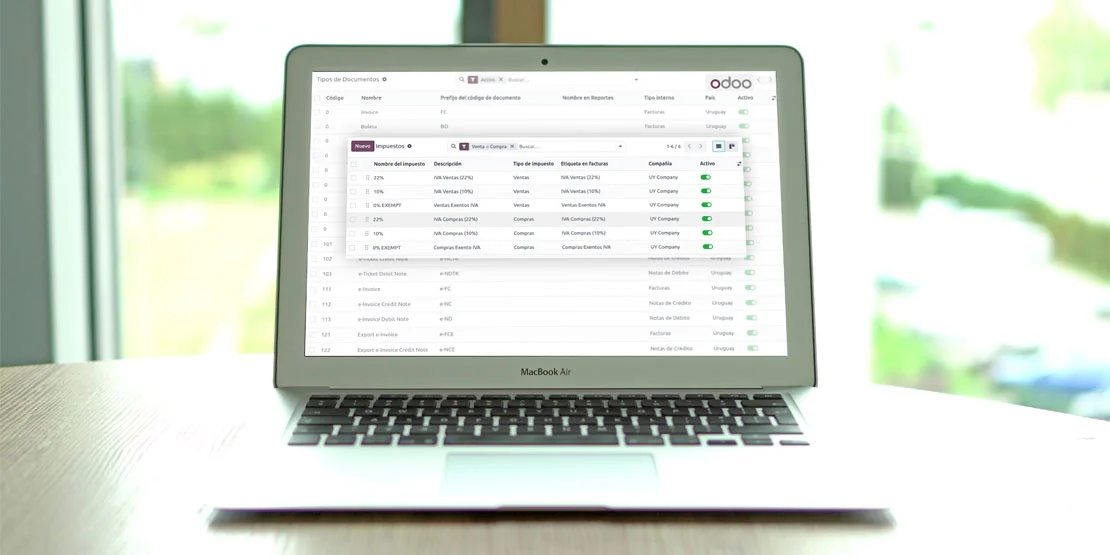
Case Study: State Governments in India
Government of India is increasingly going digital with Digital India and Skill India. Many state governments, including some of them in India, have leveraged Odoo to improve service delivery.
Integrated Solutions
Using the modularity that comes with the Odoo's architecture, state governments are able to implement solutions specifically targeting their unique local administrative problems.
Citizen Engagement
Modules on citizen engagement facilitate better communication between government institutions and citizens and make a good image in peoples eye and also make citizens feel responsible through transparent processes.
Cost-Effectiveness
The open-source attribute of Odoo has allowed poor state governments to have strong ERP solutions without expensive licensing costs that also brings the software proprietary.
Challenges of Implementing the ERP Solution in Government Institutions
Many benefits come with implementing a system like Odoo-based ERP in government institutions but on the other side of the coin, there exist some challenges:
Change Resistance
Employees may avoid moving away from legacy system mainly because they have a fear regarding unknown or job security relating to automation.
Budget Limitations
The government agencies run under tight budgets, which would not enable them to invest in the required new technology solutions or even in training programs that could make the successful implementation feasible.
Integration Complexity
The new ERP systems' integration with legacy systems already installed may become complex since these systems could be in a different type of technology platforms or data formats.
At the end Implementing Odoo as an ERP presents such benefits to government institutions seeking higher degrees of operational efficiency, higher levels of visibility, and easier delivery of service provisions. With module-based architecture designed specifically to suit the challenges of the public sector, coupled with best case studies from countries like Uruguay and India, Odoo demonstrates its potential as an ideal solution for governments aspiring to digital transformation initiatives. Governments can get the maximum out of their investment, with the assurance that the needs of the community will be served efficiently over time through the enhancement of governance practices, as enabled by modern technology solutions such as Odoo ERP software, if implemented properly by following best practices-where proper assessments involving the right stakeholders are conducted.
FAQs
What is the most widely used ERP?
Odoo is the widely used ERP.
How can I arrange my government finances with ERP?
Enhanced Financial Management most government agencies are known to have limited budgets. Odoo comes with the options like the effective budgeting, helps with the forecasting, and reporting. Which makes it a good option as the ERP for the government finances.
Why does User-Friendly Interface play a vital role in government ERP?
Odoo has a modular design that helps the business owners to navigate throughout the processing unit and work effectively without really spending a hefty amount on the training process. These characteristics stand out in the government sector ERP as the people here are not really good with programming.
What is ERP in government Agencies?
Enterprise Resource Planning (ERP) software in the government agencies are the once's that helps the user to make the important decisions in the venture while also working on the overall operational efficiency, which further brings the components like transparency in the government agencies.
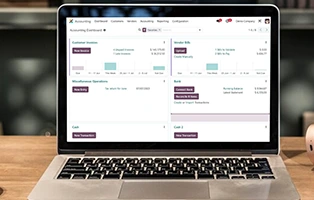



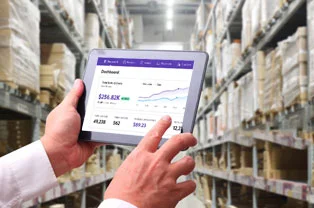
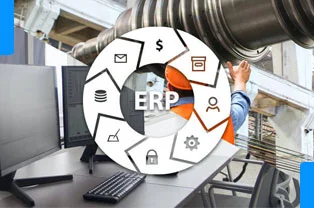





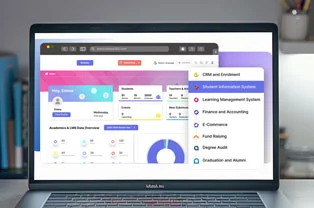








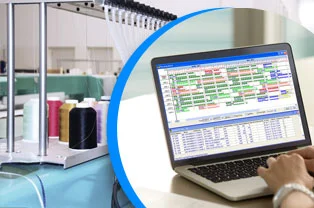
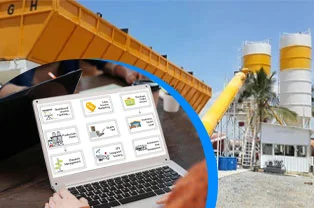
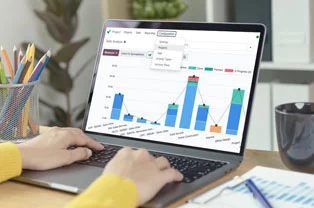

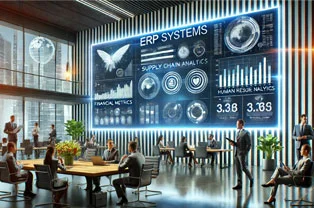





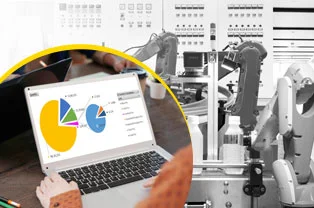


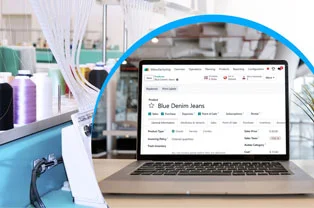
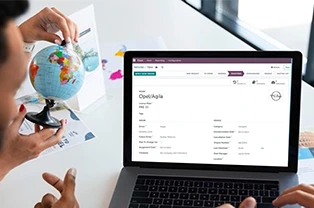

























 USA
USA INDIA
INDIA